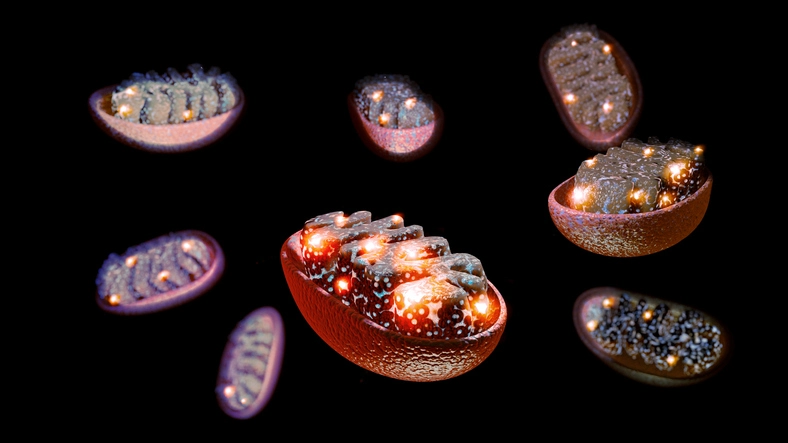Forty research projects which aim to solve some of the biggest challenges facing Australia are set to be supported by an $8 million funding boost through Round 2 of the National Industry PhD Program.
From investigating pre-built homes as a solution to social housing, to incorporating seaweed in cattle feed to reduce methane emissions, the projects target problems in a number of our nation’s key industries.
Assistant Minister for Education Anthony Chisholm said the program brings our best tertiary education institutions together with industry to drive collaboration and commercialise high-level research into innovative solutions.
“The challenges our country faces can only be solved when we work together, the National Industry PhD program is an important part of our government’s efforts to see Australian research translated into real and tangible benefits for our nation,” Assistant Minister Chisholm said.
“It’s also incredibly encouraging to see 14 of these research projects located in regional or rural locations, which makes up 35 per cent of the ventures selected.
“This includes Griffith University, which is supporting four PhD places to investigate the use of advanced AI technology in developing an efficient and secure power management system.
“If successful, this project will contribute to a more a resilient, efficient and sustainable power energy landscape for Australia as we work towards our net zero future.”
One of the project’s key researchers, Griffith University’s Professor Paulo De Souza, Dean (Research) & Pro Vice Chancellor (Sciences) said the extra funding will enhance Australia’s efforts toward implementing a more efficient energy grid.
“The grant provided will greatly enhance research progress towards achieving safe and sustainable energy delivery to local households. By improving energy management systems, we will be securing the future of energy supply and delivery to all Australians,” Professor De Souza said.
The National Industry PhD Program is part of a $296 million government initiative to bring together trained researchers to solve industry problems across agriculture and food protection, health and medical research, environmental sustainability, tech and manufacturing, and AI.
The program’s first round backed 32 successful projects and invested more than $5 million into their development.
This round will involve 22 universities and 41 industry partners, with 50 PhD students offered scholarships to undertake research projects over the next four years.
Other successful projects in this round include:
- Artificial Intelligence (AI) warehouse robots for faster deliveries and stronger supply chains
- Improved and personalised treatment options for obstructive sleep apnoea, and
- Converting food waste into compostable stretch wrap as a substitute for plastic wrap.
The full list of Round 2 successful projects can be found here. Applications for Round 3 are expected to open in early 2024.








